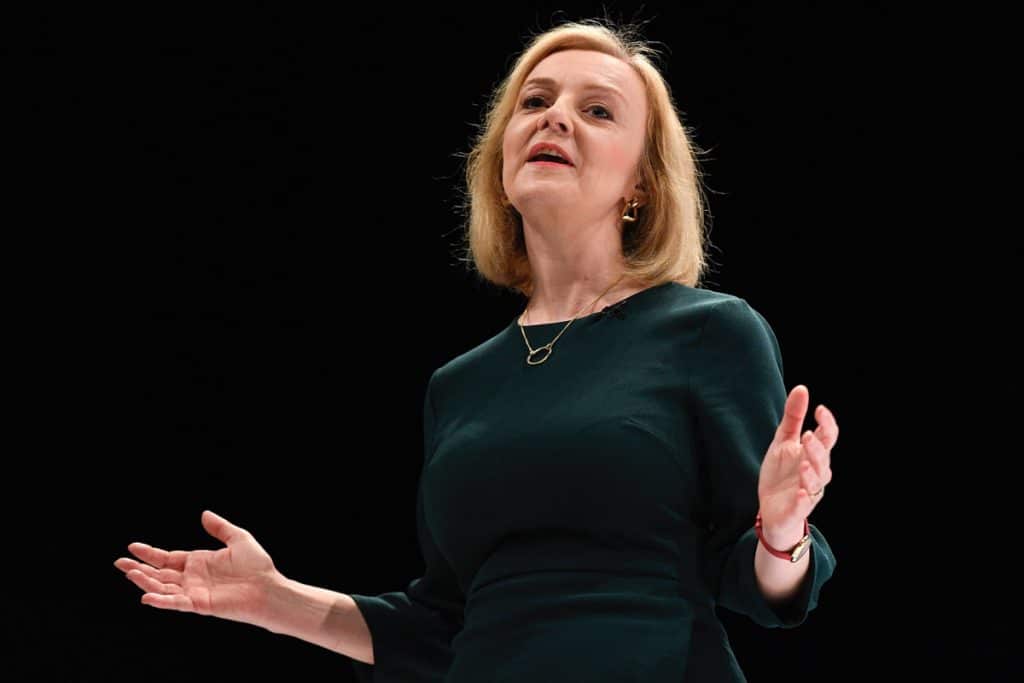UK inflation could soar to 15 percent or more early next year unless the government sets out further measures to protect households from a jump in energy bills, economists told Bloomberg.
UK Chancellor Jeremy Hunt’s decision this week to subsidise household fuel bills only until April, “will expose consumers and businesses to the full force of rising natural gas and electricity prices,” Bloomberg said.
Despite Hunt’s promise of some form of support targeting the less privileged, the lack of a plan now means that inflation could worsen in the coming months.
This could further pressurise the Bank of England to raise interest rates aggressively.
An exact prediction now is almost impossible for many economists, as former UK Prime Minister Liz Truss has resigned, leading to a rework in economic policies.
During Truss’ 44-day tenure as prime minister, she unveiled a cap on energy bills at the start of September, pegging the cost at £2,500 ($2,819.54) per year for the average household.
“Hunt watered down those measures a week ago along with cancelling planned tax cuts that spooked investors,” Bloomberg said, adding that scrapping that energy price freeze may add £200 ($225.56) a month to power and gas bills from April, based on current market prices, according to Nous, an app that helps individuals predict cost-of-living changes.

“That would make the average amount paid four times higher than the same period the previous year.”
Truss stepped down as UK’s prime minister on Thursday, October 10, following a political storm over her mini budget. She is the shortest-serving prime minister of the sovereign nation.








